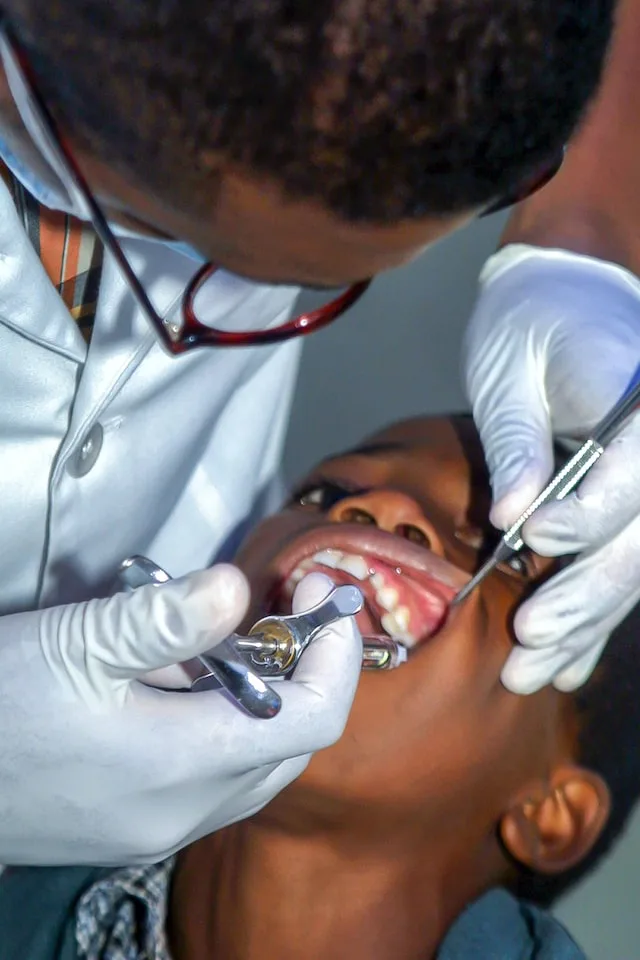Dental care tips can help keep your teeth and gums in good shape. These tips include brushing your teeth, flossing, visiting the dentist and limiting acidic foods and drinks.
Visiting The Dentist
Taking care of your teeth is an essential part of your overall well-being. Whether you’re suffering from dental pain or are just looking for advice on proper tooth care, the dentist can help you. The first visit is an excellent opportunity to get your questions answered and to begin building a relationship with your dentist.
Dental problems can affect your entire body and lead to complications in the future. This means you must visit your dentist regularly or have your family dentist check up on you.
There are many oral health problems, from broken or chipped teeth to a bad taste in your mouth. A family dentist newport news va can diagnose and treat your issues and help you find solutions. They also offer cosmetic surgery if needed.
Some common signs you need to see a dentist include bleeding gums and a sore jaw. These symptoms could be a sign of a severe problem. In addition, you may notice your teeth become sensitive to temperature or certain foods.
Brushing
Dental care involves the removal of plaque, which can lead to gum disease and tooth decay. Regular tooth brushing would be beneficial for maintaining the health of your mouth.
Plaque is a bacterial-filled sticky film. If it is not removed, it can cause tooth decay, gum disease, and bad breath. Two minutes of tooth brushing twice a day can aid in avoiding these issues.
Fluoride toothpaste provides extra protection from tooth decay. Brushing with a soft-bristled brush is safer for your gums than a regular brush. Hold the toothbrush with the gums at a 45-degree angle. Use gentle strokes to remove plaque and build-up from the insides and outsides of your teeth.
Dentists recommend that you brush your teeth after every meal. To get rid of any food particles stuck between your teeth, you should floss at least once a day. This practice can also help you keep your mouth free of bacteria and tartar, which can cause tooth decay.
Flossing
Flossing is a simple, effective way to keep your teeth clean and healthy. It’s important to remember that flossing should be part of your daily routine.
Flossing is essential because it helps remove plaque from between your teeth. This helps prevent cavities and gum disease. But you want to avoid getting too excited about flossing. You don’t want to go overboard and risk damaging your gums.
Brushing is also an essential oral care step. But it doesn’t remove all the food particles and bacteria that can cause tooth decay. Your dentist can help you decide if flossing is suitable for you.
Flossing should be done once or twice a day. If you don’t have the time to brush and floss, consider doing it after lunch or at night before you go to bed.
Floss is also helpful for cleaning out spaces between your teeth that are too small for a toothbrush. Leaving debris behind can ruin your smile over time.
Limiting Acidic Foods And Drinks
Limiting acidic foods and drinks is the best solution if you want to protect your teeth. Acids play a role in a well-balanced diet, but they can harm your teeth if they are not adequately taken care of.
The most complex material in the human body, enamel, shields your teeth from harm. However, the more acidic your food or drink is, the more it wears away your enamel. Over time, this can lead to cracks in the enamel and, eventually, tooth decay.
Some primary causes of tooth erosion are carbonated beverages, sugary candies, and sports drinks. Although many of these things can be avoided, you need to be aware that the risks are higher when you consume them in large amounts.
Dental erosion has received less attention in the United States than in Europe. But with more and more studies being done on the topic, it is becoming more apparent that the problem is significant.



